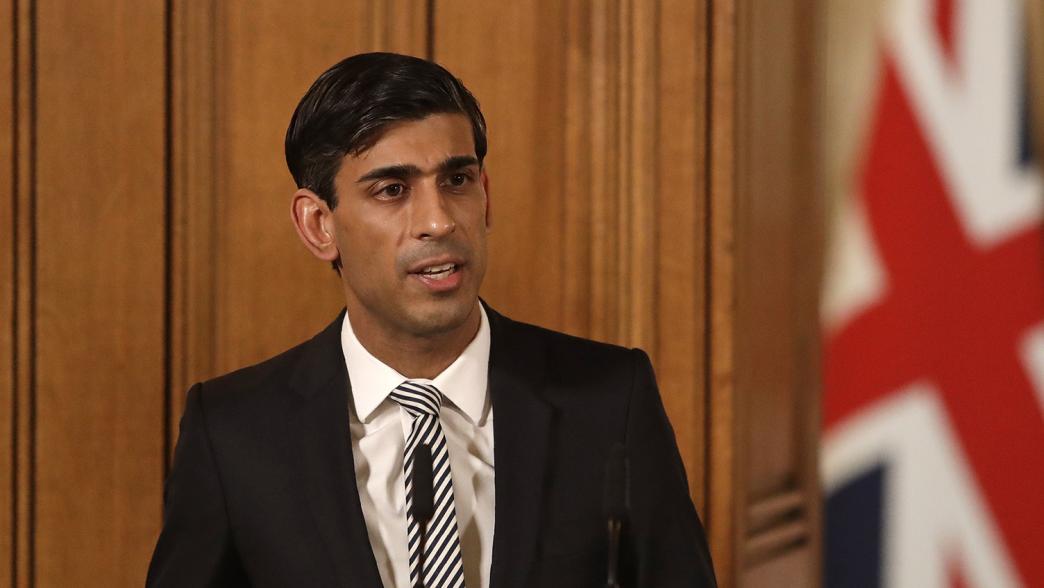Different governments supported businesses in remarkably similar ways during coronavirus – but existing institutions and different policy priorities shaped the response
The IfG looks at the coronavirus support policies adopted in nine advanced economies to help businesses navigate the crisis.
